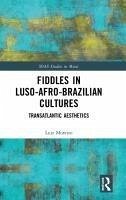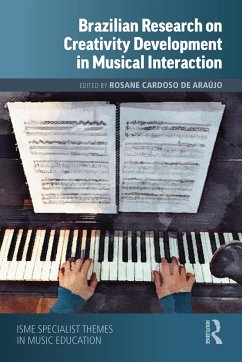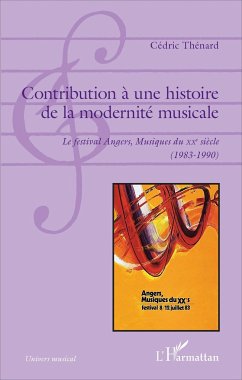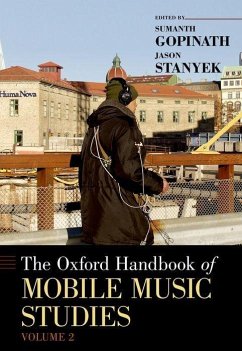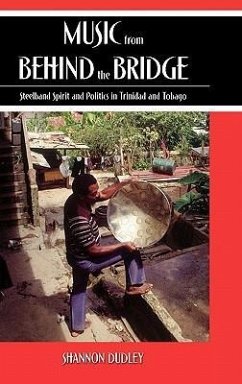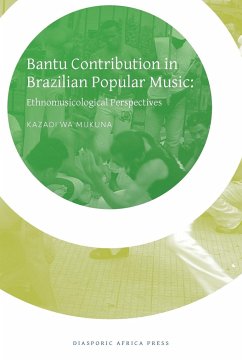
Bantu Contribution in Brazilian Popular Music
Ethnomusicological Perspectives

PAYBACK Punkte
13 °P sammeln!
Bantu Contribution in Brazilian Popular Music: Ethnomusicological Perspectives is a seminal work that spearheaded the new trend in ethnomusicology, when this discipline shifted the focus of its objective from music in human history to music in culture contact, and from the comparative method of analysis to ethnographic description. This study addresses a long overdue concern among students of Africanisms in the Americas in general and in Brazil in particular. The concern is that cultural practices and musical instruments have been indiscriminately attributed to Africa without identifying their...
Bantu Contribution in Brazilian Popular Music: Ethnomusicological Perspectives is a seminal work that spearheaded the new trend in ethnomusicology, when this discipline shifted the focus of its objective from music in human history to music in culture contact, and from the comparative method of analysis to ethnographic description. This study addresses a long overdue concern among students of Africanisms in the Americas in general and in Brazil in particular. The concern is that cultural practices and musical instruments have been indiscriminately attributed to Africa without identifying their actual "ethnic" or cultural group, or revealing the traditional function these musical elements fulfilled in their respective societies of origin. Although the author is fully aware of cultural similarities among cultural groups in Africa, he also recognizes peculiarities that characterize groups and regions. To demonstrate this, he has applied a holistic method to answer why is Brazilian (popular) music the way it is, and for the first time, to address the crucial concern of culture contact, especially that of the transfer and transformation of African musical materials in Brazil. The author relied heavily on functional structuralism, collective memory, reinterpretation, contextual analysis, and hermeneutic theories to formulate the comprehensive explanation of the transfer and adaptation of Africanisms in the African diaspora of the Americas. He argues that the rupture resulting from transatlantic slavery affected the way Africans thought about their musical elements in the Americas by keeping its African structure and adopting European functions.






